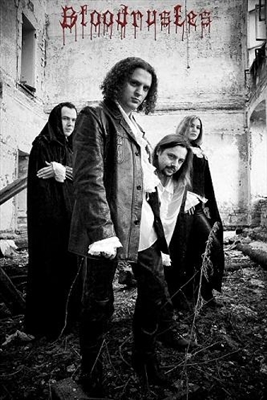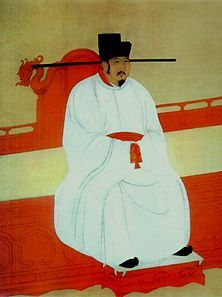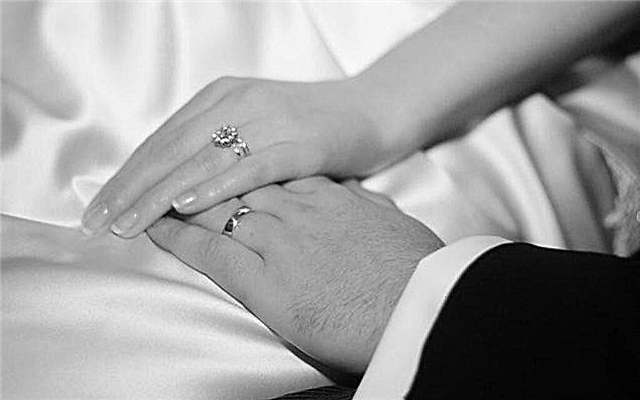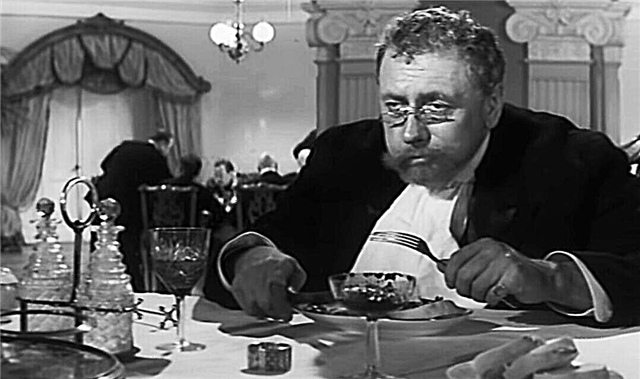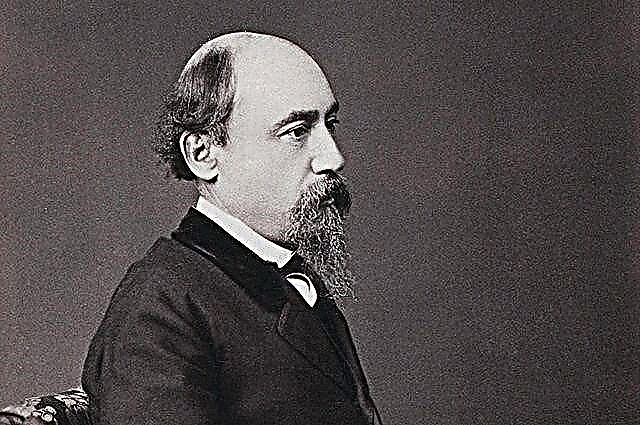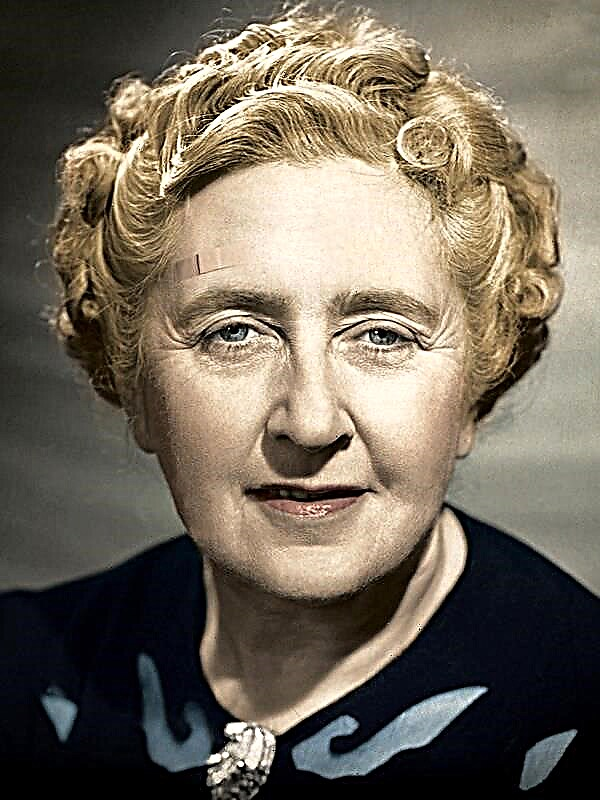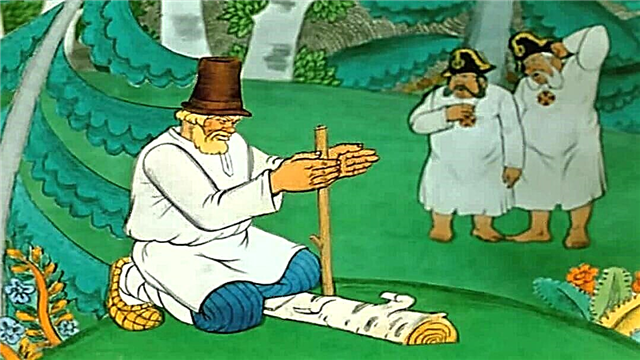Is it possible to create something without inspiration? Many artists understand that this is almost impossible. Therefore, some of them want to pay tribute to their muse and devote a work to it, as did Evgeny Abramovich Baratynsky, an outstanding figure in Russian romanticism.
History of creation
Very often, artists, poets call the muse a specific object of their adoration, most often - a beautiful girl. Falling in love gives strength to create new works - and this is the highest happiness for the creator of subtle matters. But Baratynsky’s “Muse” has no initiation, this work was already written by a mature author in 1829, and was published in the collection of “Poems” of 1835.
Perhaps the reason for the creation was the desire of the poet to determine his basic creative principles and place in literature. In it, he summarizes his activities in the field of creativity.
Genre, size, direction
The era of romanticism considered the ability to create works of art, in particular to write poetry, a gift from above. The poet was perceived as a conductor between the world of people and the divine. At that time, it was believed that creation is the fruit of inspiration that muses give. And this tradition dates back to antiquity. Many authors of the Pushkin era tried to describe the act of creativity, among such "explanations" is the work of E. Baratynsky.
In terms of genre, “Muse” is closest to a lyric poem involving a sketch, a poetic statement of a small volume. The verse size is iamb.
Images and Symbols
- The poem is presented muse image modest, unremarkable. The poet, inventing his character, goes from the opposite, repeatedly turns to denials. By the time of writing this lyric poem, the traditional image of the inspirer has already developed. But Baratynsky insists that the muse may be different: without inclinations, a gift and indescribable beauty. However, even such a servant of Apollo "is struck by a glimpse of light."
- Shine here denotes a society that reads the public, on which the work of the author is oriented. Any poet needs recognition, but they try to achieve it most often through something grandiose, grandiose. The lyrical hero of Baratynsky, on the contrary, is simple, almost mediocre. And yet he is getting his way.
- Muse - symbol of creativity. Without it, as was believed in the 19th century, it is impossible to create anything at all. Words will not come to mind, and the pen will fall out of hand.
Topics
- The main theme of the poem is modesty. With this work, E. Baratynsky recalls a very important human quality, which a person striving for fame and success should remember. Artistic methods help the poet to highlight this topic most vividly. Denial allows expressing rejection of generally accepted stereotypes. Another means of expression is the antithesis. Baratynsky contrasts the dazzling beauty of modesty, which is also able to touch people's hearts.
- Another topic - creation. The author argues that there is a real talent for how to break through the armor of people's hearts. In the end, he concludes that sincerity conquers people who are tired of daily exercises in hypocrisy and lies. It is the cleansing power by which art changes society for the better.
Meaning
“Muse” is a poem of an adult, mature person. By this time, the poet managed to overcome youthful ambitions. The author is aware of his place in Russian literature. If he once dreamed of greater fame, now he has resigned himself, and if he did not hope for success, he can sincerely rejoice at the not so grandiose result. His main idea is a mental summary of honest results: what did he achieve in his life?
Muse Baratynsky calls his work. Through such an allegory, he characterizes his poems. They are honest and straightforward, his soul is expressed in them, and nothing more is needed: neither sparkling words, nor high-flown phases. The main thing is a thought hovering on a light and simple word, like on a wing. His goddess of inspiration is endowed with human traits that are also close to the poet himself.


